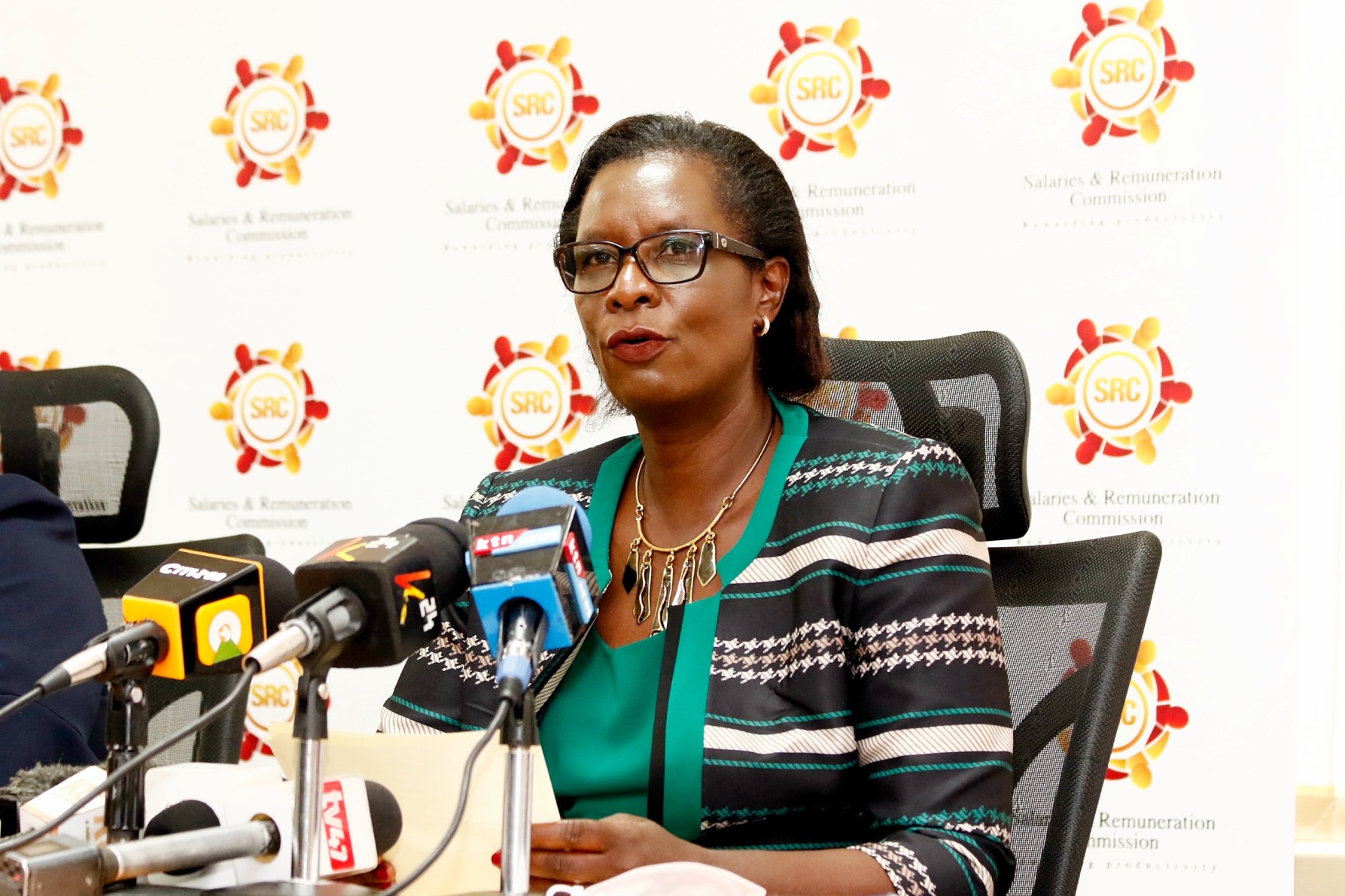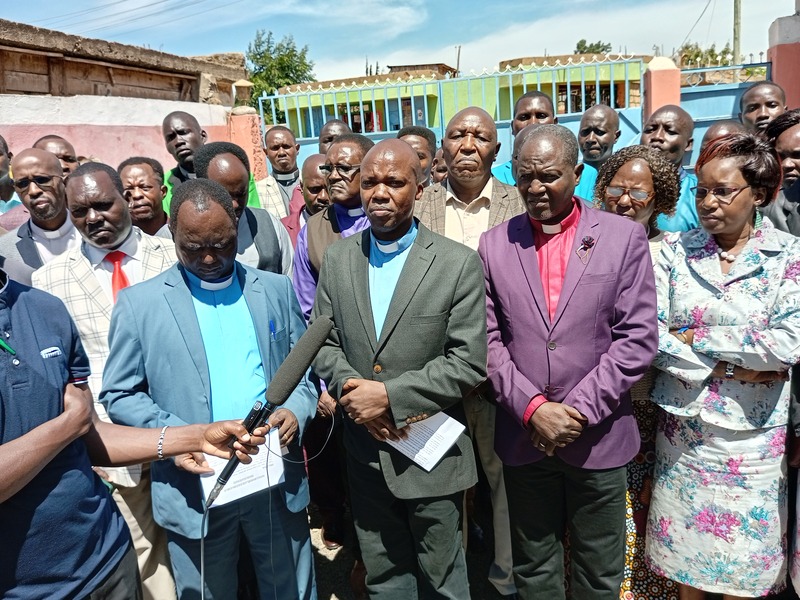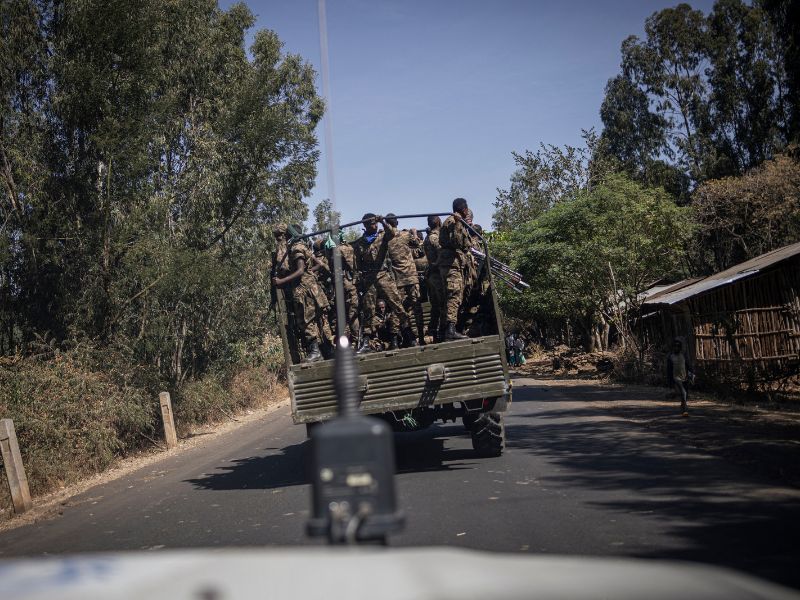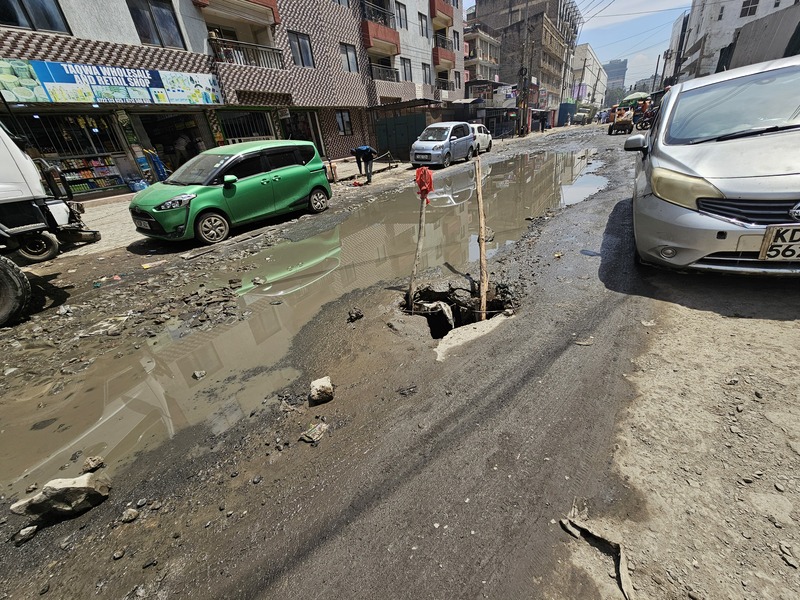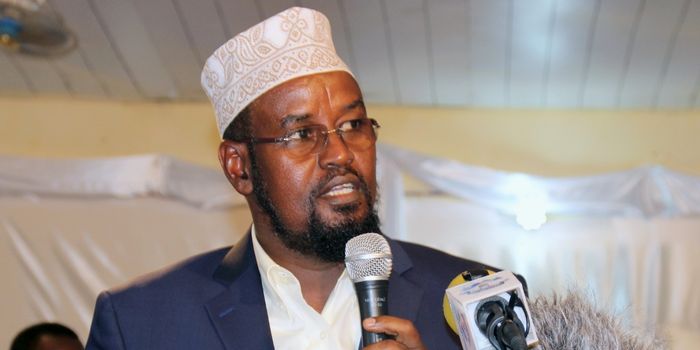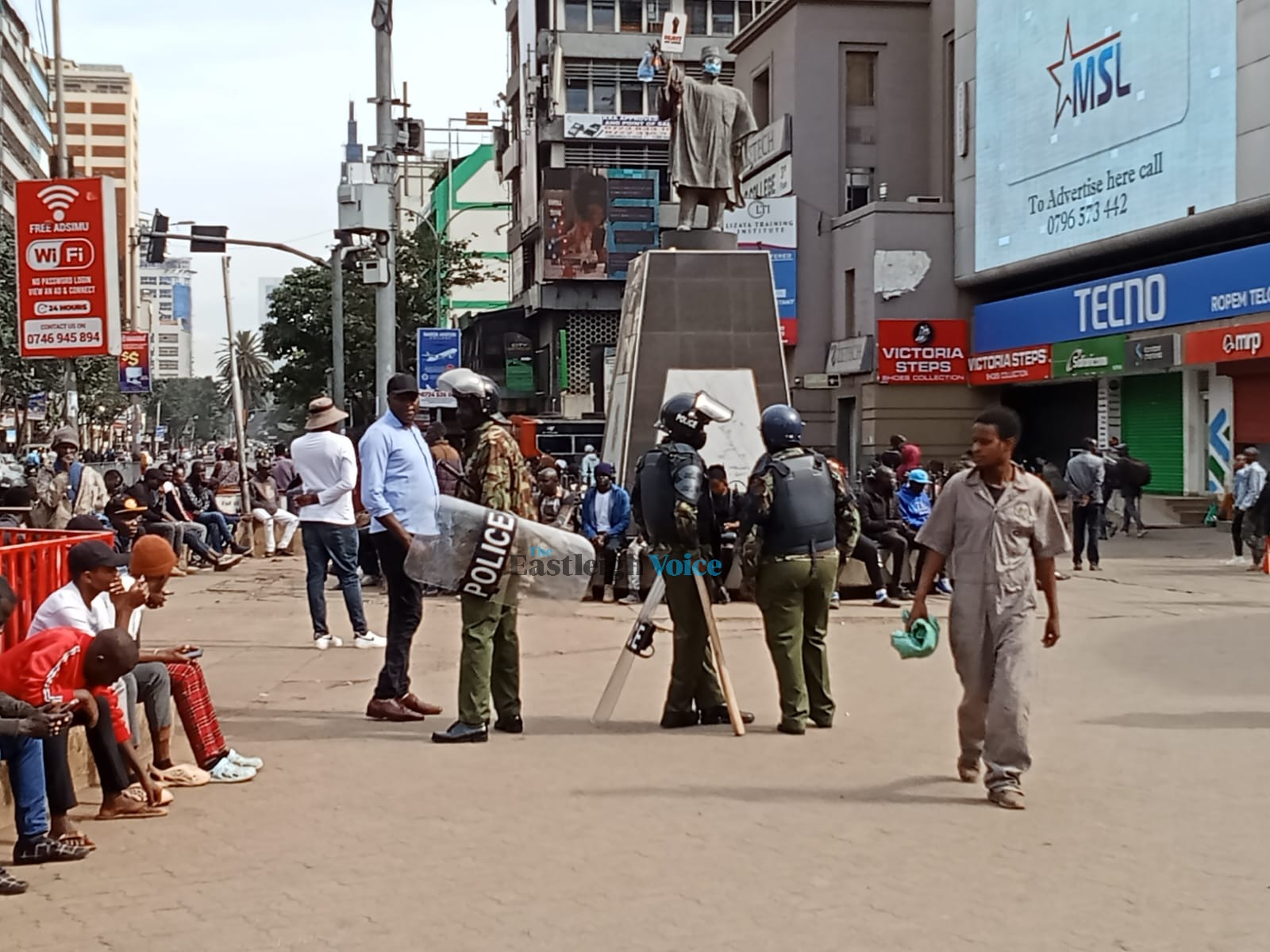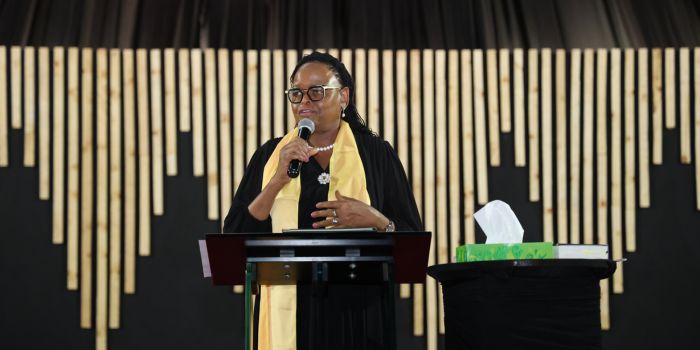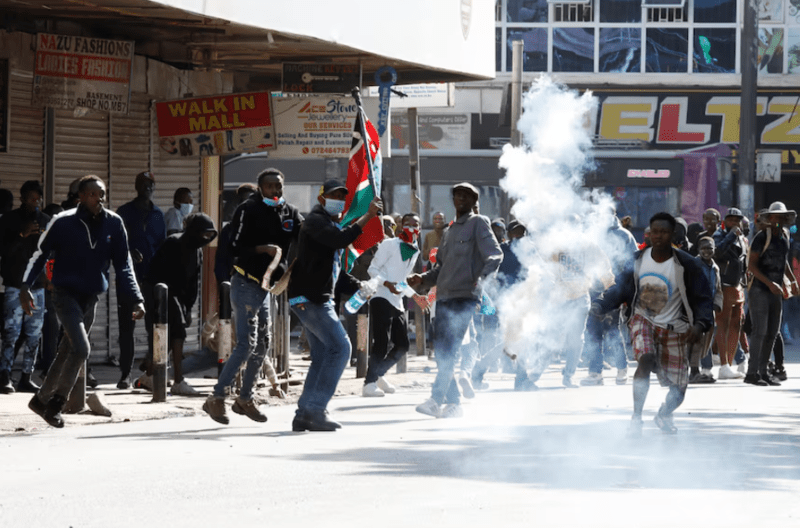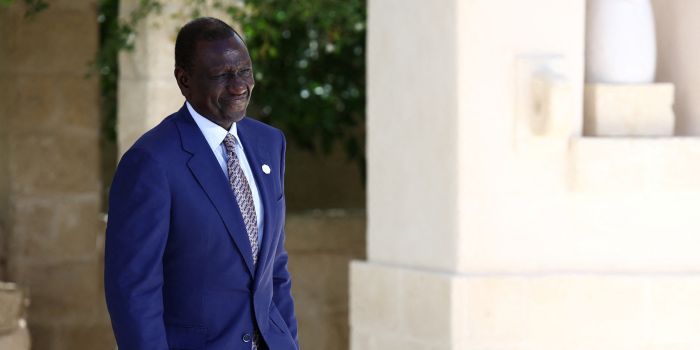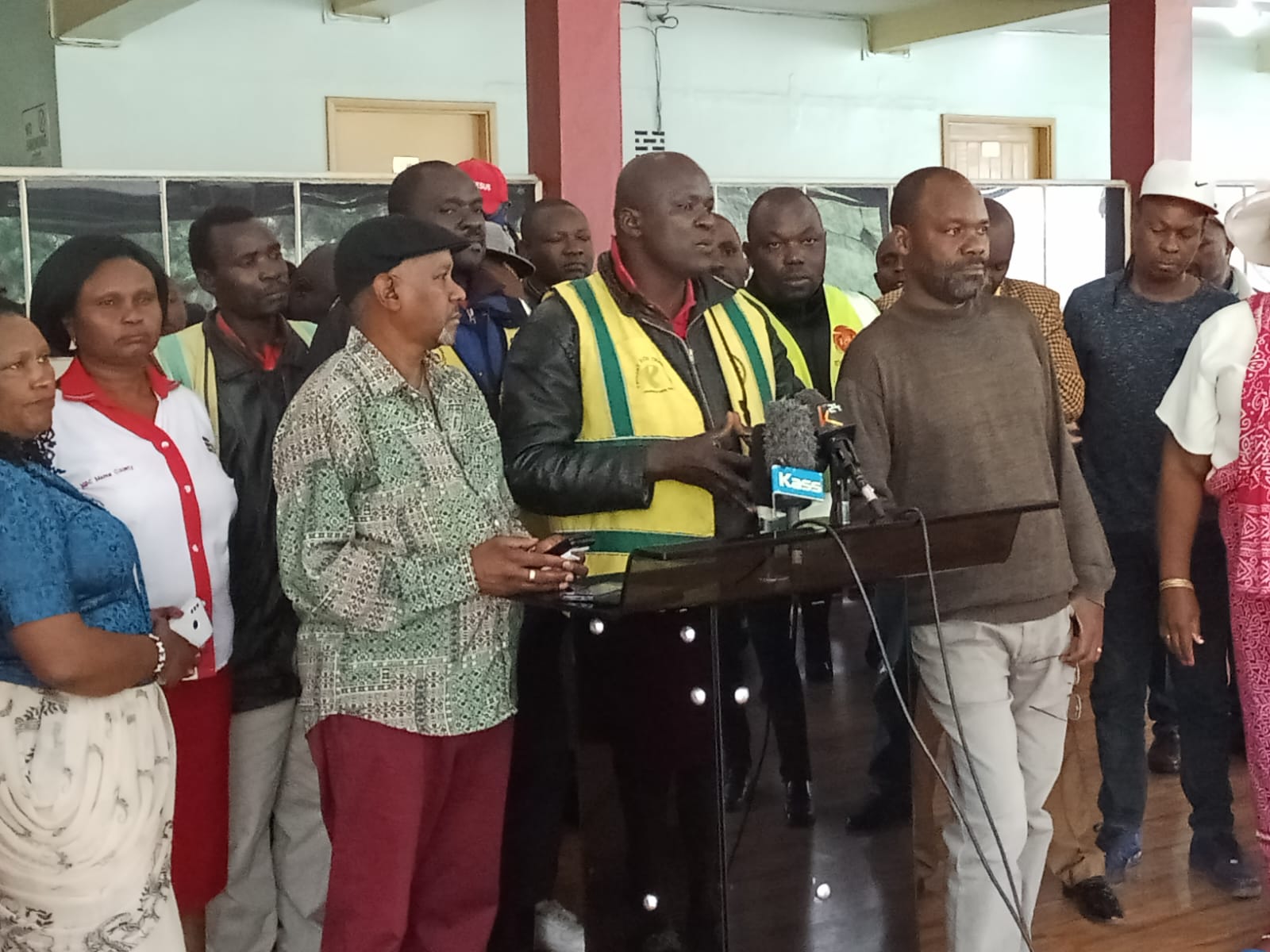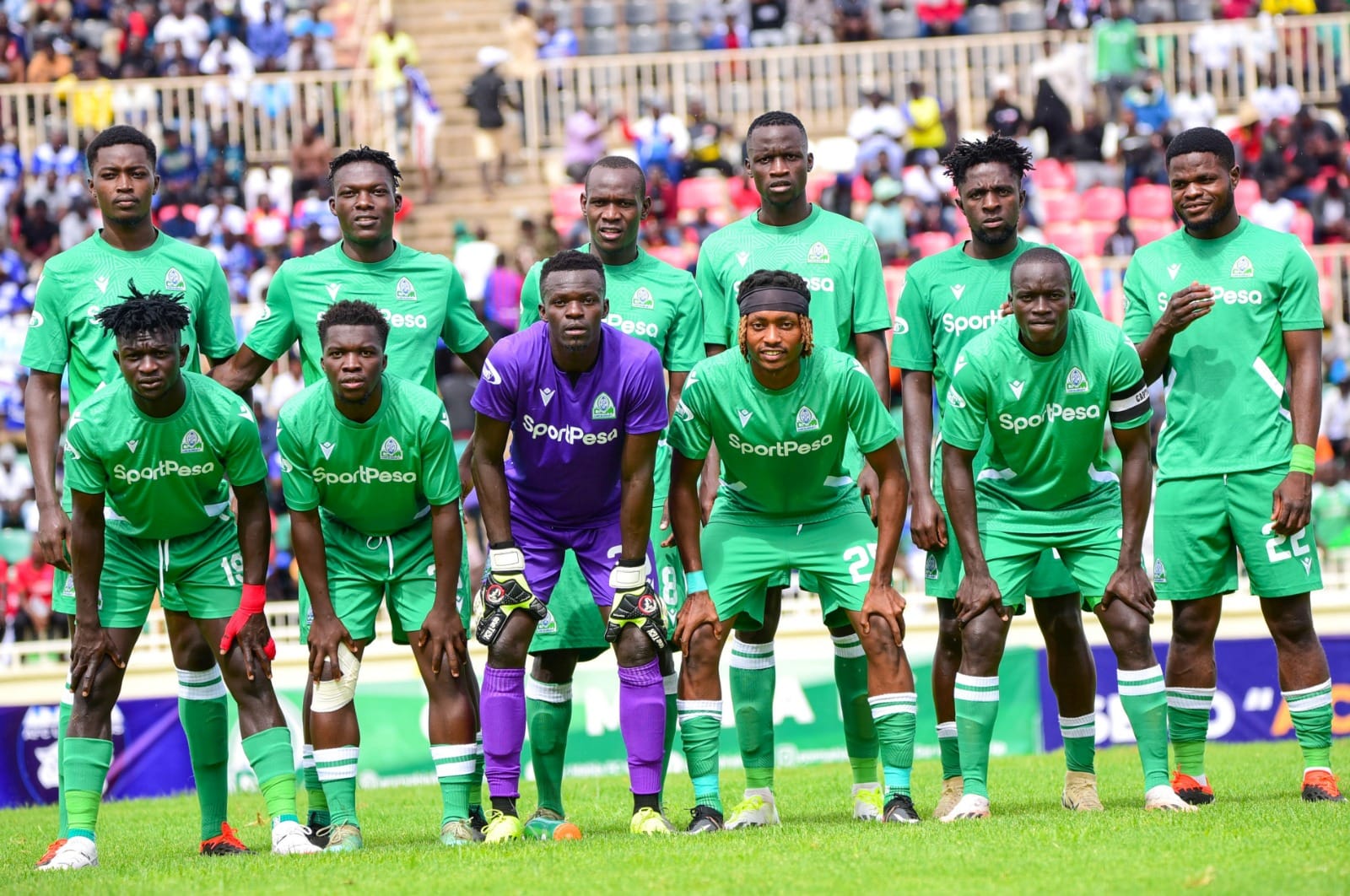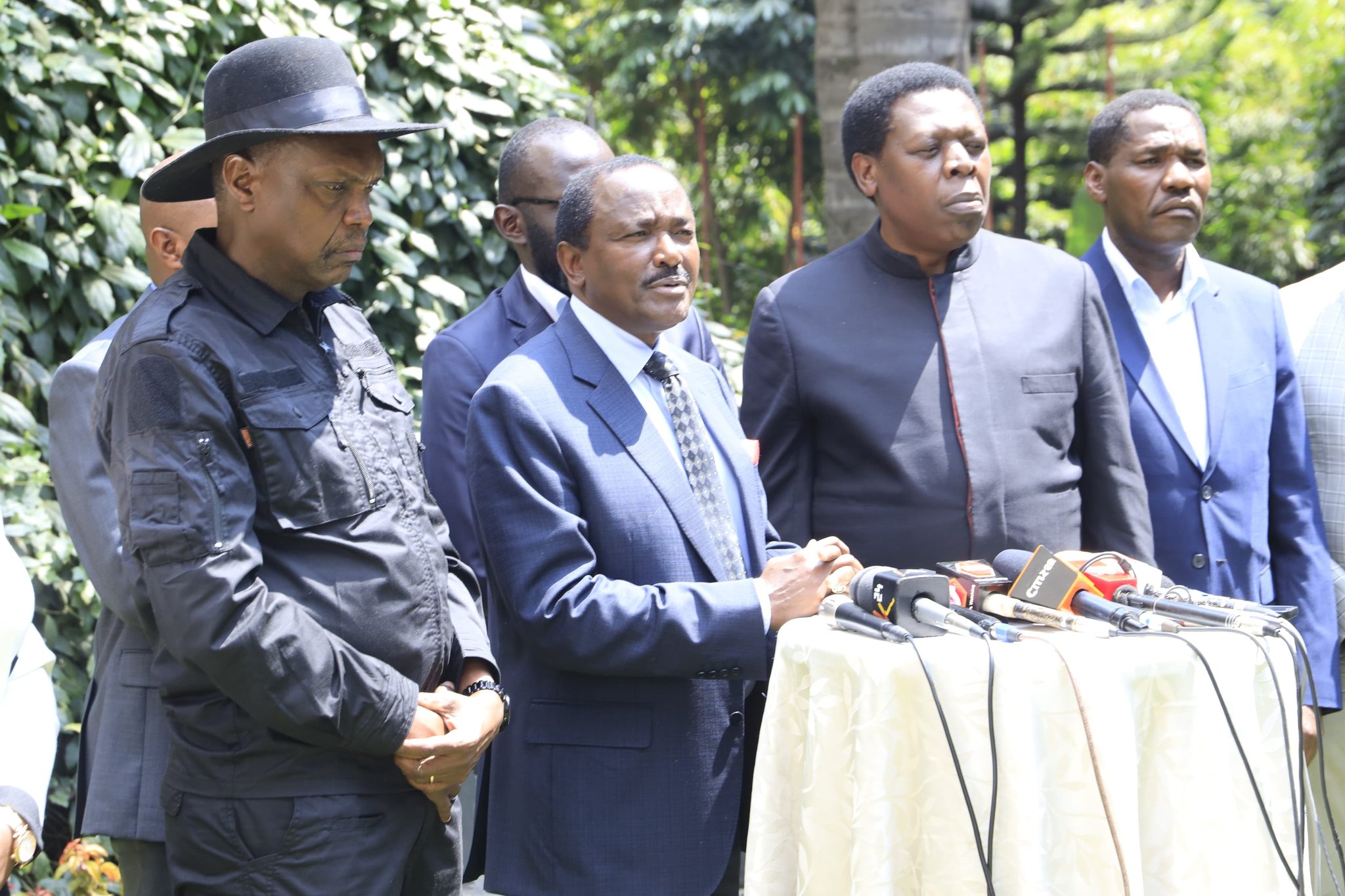Salva Kiir engages Burundi in peace talks to quell tensions
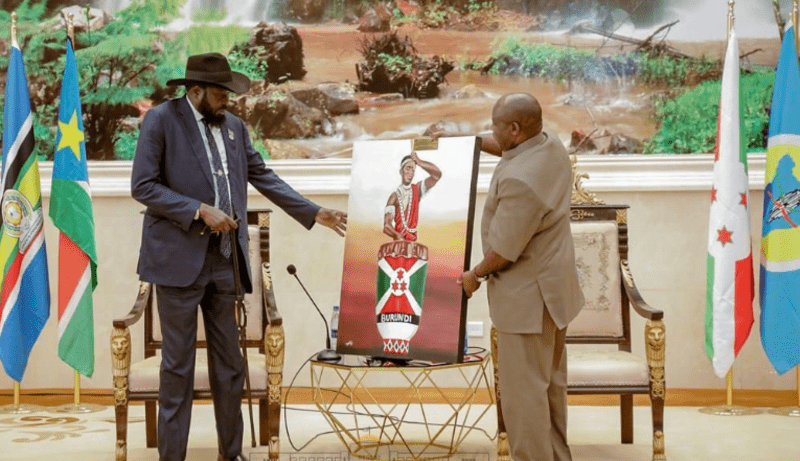
By Mercy Asamba |
Both the DRC and Burundi accuse Rwanda of supporting the M23 and Red Tabara rebels who have been wreaking havoc in the two countries.
South Sudanese leader Salva Kiir on Thursday met Burundi President Évariste Ndayishimiye in a bid to quell escalating tensions within the East African region.
This is his first regional peace outreach since he became chairman of the East African Community (EAC) last November. He first toured Rwanda and met President Paul Kagame in Kigali before the Bunjumbura visit on Friday.
Keep reading
In a statement, Kiir and Ndayishimiye considered the status of peace and security in EAC member states and noted that it is a prerequisite to social and economic development within the community.
"They reaffirmed their commitment to the EAC-led Nairobi process and underscored the need for expeditious complementary implementation with the Luanda process to avert further deterioration of security situation in Eastern DRC which risks spill over to neighbouring partner states," a communique stated.
Luanda Process, led by Angola's President Joan Lorenco, seeks to calm tensions between Rwanda and DRC. The two countries blame each other for fomenting rebellions against their authorities.
The Nairobi Process, on the other hand, is a dialogue push led by former president Uhuru Kenyatta in an attempt to pacify warring factions inside the DRC by bringing them to the table.
Both DRC and Burundi accuse Rwanda of supporting the M23 and Red Tabara rebels who have been wreaking havoc in the two countries.
The Tutsi-dominated M23 rebels are fighting in the mineral-rich region, while the Red Tabara, a Burundian rebel group, killed a dozen civilians in a raid on a border village, leading to the closure of borders with Rwanda.
Rwanda has denied allegations of backing the two groups.
Burundi, which neighbours Rwanda, became embroiled in the conflict after officially joining the Southern African Development Community (SADC) forces fighting the M23 rebels in the Eastern DRC, a move which turned the conflict regional.
The situation has been escalated by clashes by militant groups over territory and natural resources, and political violence.
In addition to reports of mounting civilian deaths in Eastern DRC, the UN declared that the number of internally displaced people reached a record high of 6.9 million as fighting rendered a growing part of the country unsafe for civilians.
But following the Bujumbura meeting, it was agreed that Burundi and Rwanda ensure the implementation of all agreed commitments arising from bilateral agreements between the two neighbours, "to energize the implementation of EAC integration imperatives that include free movement of persons and goods".





